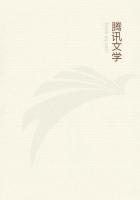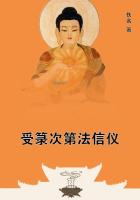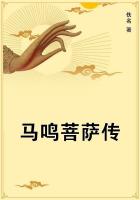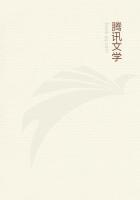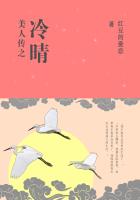The wind bloweth where it listeth. But the wind of literary inspiration has rarely shaken the bungalows of India, as, in the tales of the old Jesuit missionaries, the magical air shook the frail "medicine tents," where Huron conjurors practised their mysteries. With a world of romance and of character at their doors, Englishmen in India have seen as if they saw it not. They have been busy in governing, in ****** war, ****** peace, building bridges, laying down roads, and writing official reports. Our literature from that continent of our conquest has been sparse indeed, except in the way of biographies, of histories, and of rather local and unintelligible facetiae. Except the novels by the author of "Tara,"and Sir Henry Cunningham's brilliant sketches, such as "Dustypore,"and Sir Alfred Lyall's poems, we might almost say that India has contributed nothing to our finer literature. That old haunt of history, the wealth of character brought out in that confusion of races, of religions, and the old and new, has been wealth untouched, a treasure-house sealed: those pagoda trees have never been shaken.
At last there comes an Englishman with eyes, with a pen extraordinarily deft, an observation marvellously rapid and keen;and, by good luck, this Englishman has no official duties: he is neither a soldier, nor a judge; he is merely a man of letters. He has leisure to look around him, he has the power of ****** us see what he sees; and, when we have lost India, when some new power is ruling where we ruled, when our empire has followed that of the Moguls, future generations will learn from Mr. Kipling's works what India was under English sway.
It is one of the surprises of literature that these tiny masterpieces in prose and verse were poured, "as rich men give that care not for their gifts," into the columns of Anglo-Indian journals. There they were thought clever and ephemeral--part of the chatter of the week. The subjects, no doubt, seemed so familiar, that the strength of the handling, the brilliance of the colour, were scarcely recognised. But Mr. Kipling's volumes no sooner reached England than the people into whose hands they fell were certain that here were the beginnings of a new literary force. The books had the strangeness, the colour, the variety, the perfume of the East. Thus it is no wonder that Mr. Kipling's repute grew up as rapidly as the mysterious mango tree of the conjurors. There were critics, of course, ready to say that the thing was merely a trick, and had nothing of the supernatural. That opinion is not likely to hold its ground. Perhaps the most severe of the critics has been a young Scotch gentleman, writing French, and writing it wonderfully well, in a Parisian review. He chose to regard Mr. Kipling as little but an imitator of Bret Harte, deriving his popularity mainly from the novel and exotic character of his subjects. No doubt, if Mr. Kipling has a literary progenitor, it is Mr. Bret Harte. Among his earlier verses a few are what an imitator of the American might have written in India. But it is a wild judgment which traces Mr.
Kipling's success to his use, for example, of Anglo-Indian phrases and scraps of native dialects. The presence of these elements is among the causes which have made Englishmen think Anglo-Indian literature tediously provincial, and India a bore. Mr. Kipling, on the other hand, makes us regard the continent which was a bore an enchanted land, full of marvels and magic which are real. There has, indeed, arisen a taste for exotic literature: people have become alive to the strangeness and fascination of the world beyond the bounds of Europe and the United States. But that is only because men of imagination and literary skill have been the new conquerors--the Corteses and Balboas of India, Africa, Australia, Japan, and the isles of the southern seas. All such conquerors, whether they write with the polish of M. Pierre Loti, or with the carelessness of Mr. Boldrewood, have, at least, seen new worlds for themselves; have gone out of the streets of the over-populated lands into the open air; have sailed and ridden, walked and hunted; have escaped from the fog and smoke of towns. New strength has come from fresher air into their brains and blood; hence the novelty and buoyancy of the stories which they tell. Hence, too, they are rather to be counted among romanticists than realists, however real is the essential truth of their books. They have found so much to see and to record, that they are not tempted to use the microscope, and pore for ever on the minute in character. A great deal of realism, especially in France, attracts because it is novel, because M. Zola and others have also found new worlds to conquer. But certain provinces in those worlds were not unknown to, but were voluntarily neglected by, earlier explorers. They were the "Bad Lands" of life and character: surely it is wiser to seek quite new realms than to build mud huts and dunghills on the "Bad Lands."Mr. Kipling's work, like all good work, is both real and romantic.

